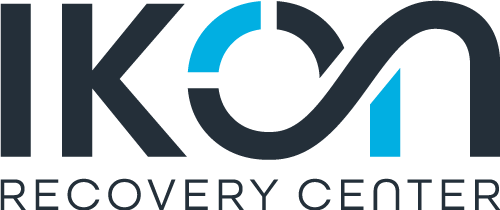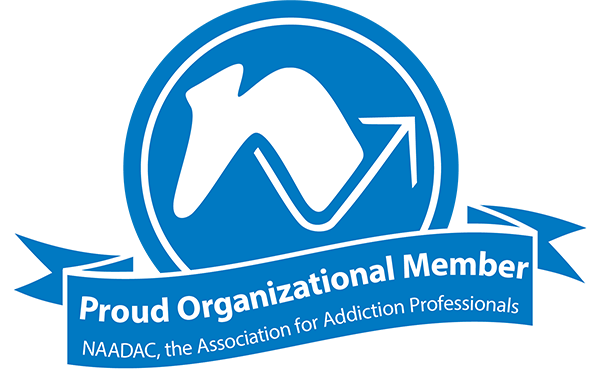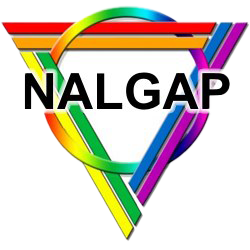Treatment Options for Depression and Substance Abuse in New Jersey
Everyone feels a little down now and then, but a deep sadness that lingers for weeks can sap energy and dim the light that keeps you going. Pairing that daily heaviness with alcohol or substance use only serves to dig the hole deeper, and make the trap harder to escape.
Struggling with depression and addiction concurrently is known as dual diagnosis, and while it consists of two separate problems, that’s not how it should be treated.
A Closer Look at How Depression Drives Substance Misuse
Depression generally comes with symptoms like trouble sleeping, changes in your usual appetite, and a general fog that makes even the most basic daily tasks seem worthless and like the last thing you want to do.[1]
Using substances can seem like a quick escape for those feeling down. Alcohol can make socialization easier, even tolerable. Opioids bring a warm, detached sense of peace. Stimulants bring euphoria but only for a very brief time. Each time, dopamine floods reward pathways, temporarily masking the feelings and reinforcing the behavior. Even though the relief fades soon after, the brain is able to chemically file the process as a fast remedy for feeling bad. With enough reinforcement, this makes it your brain’s go-to fix.
This is when tolerance grows beyond control. Once addicted, withdrawals make the depression worse when they kick in, causing the individual to use again to relieve symptoms. This feedback loop makes overcoming depression and substance abuse a challenge without integrated depression and substance abuse treatment in New Jersey.
Without dual‑diagnosis treatment that rewires thoughts and balances neurochemistry, both conditions feed each other unchecked.
